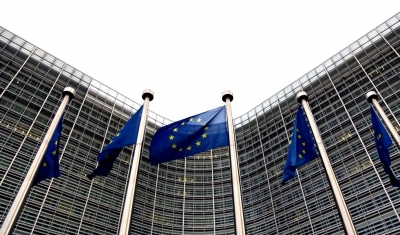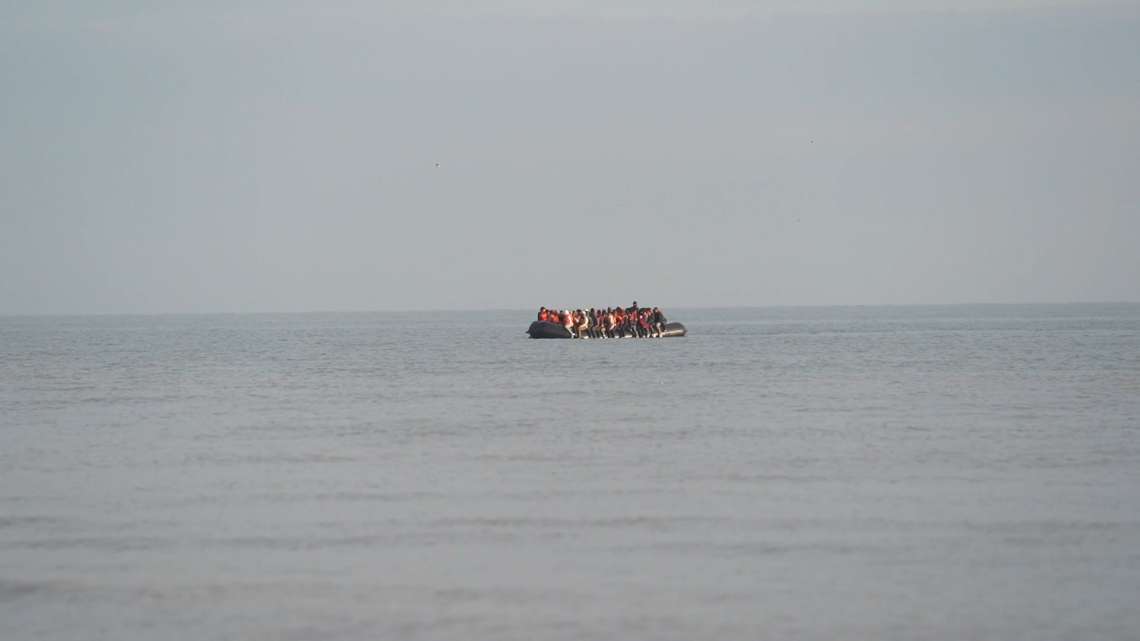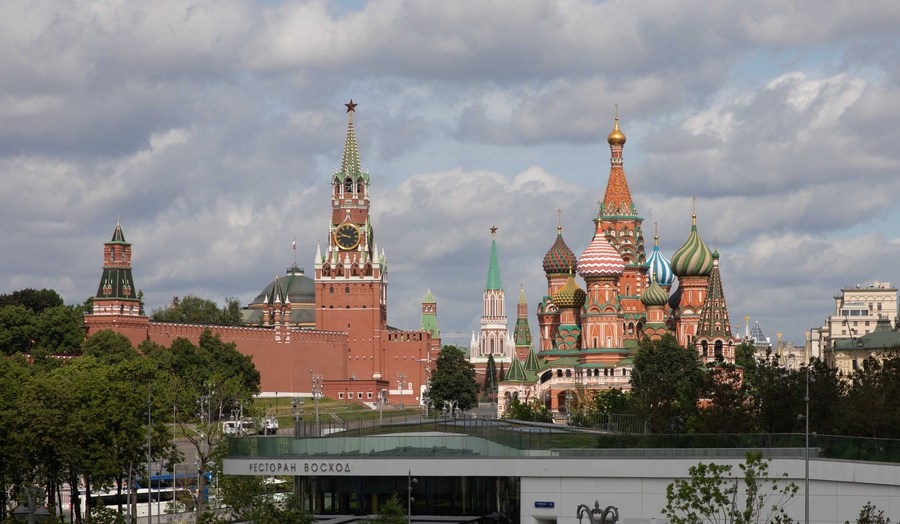The legislation is part of the EU’s main climate action package, called “Fit for 55″…reports Asian Lite News
European Union (EU) member states have adopted five new laws that will enable the bloc to cut greenhouse gas emissions within the main sectors of the economy, including maritime transport and the aviation industry.
The legislation is part of the EU’s main climate action package, called “Fit for 55”, which aims to reduce greenhouse gas emissions by at least 55 per cent by 2030 compared to 1990 levels. The vote in the Council of the EU is the final step of the decision-making procedure.
The EU’s carbon market, which is based on the polluter pays principle, grants emissions allowances for energy-intensive industries, power generation, and the aviation sector.
However, under the new rules of the Emissions Trading System (ETS), sectors such as the energy, iron, paper, and oil industries must reduce their greenhouse gas emissions by 62 per cent compared to 2005 levels. Free emissions allowances in the aviation sector will be gradually phased out from 2026.
Maritime transport emissions will be included within the scope of the ETS for the first time. Obligations for shipping companies to surrender allowances will be introduced gradually: 40 per cent for verified emissions from 2024, 70 per cent from 2025, and 100 per cent from 2026.
Most large vessels will be included within the scope of the ETS from the start, while offshore vessels will initially be covered by the regulation on the monitoring, reporting and verification of CO2 emissions from maritime transport.
A new, separate emissions trading system has been created for buildings, road transport and small industries.
This is in order to ensure cost-efficient emissions reductions in these sectors, which have so far proven difficult to decarbonise.
The new system will apply to distributors that supply fuels to buildings, road transport and additional sectors from 2027.
A safeguard has been put in place whereby if prices of oil and gas are exceptionally high in the run-up to the launch of the new system, it will be postponed until 2028.
The Carbon Border Adjustment Mechanism (CBAM), which concerns imports of products in carbon-intensive industries, will remain in place until the end of 2025, and subsequently become mandatory on a gradual basis at the same time as the phasing out of free allowances.
Free allowances for sectors covered by the Carbon Border Adjustment Mechanism include cement, aluminium, fertilizers, electric energy production, hydrogen, iron and steel. These will be phased out over a nine-year period between 2026 and 2034.













